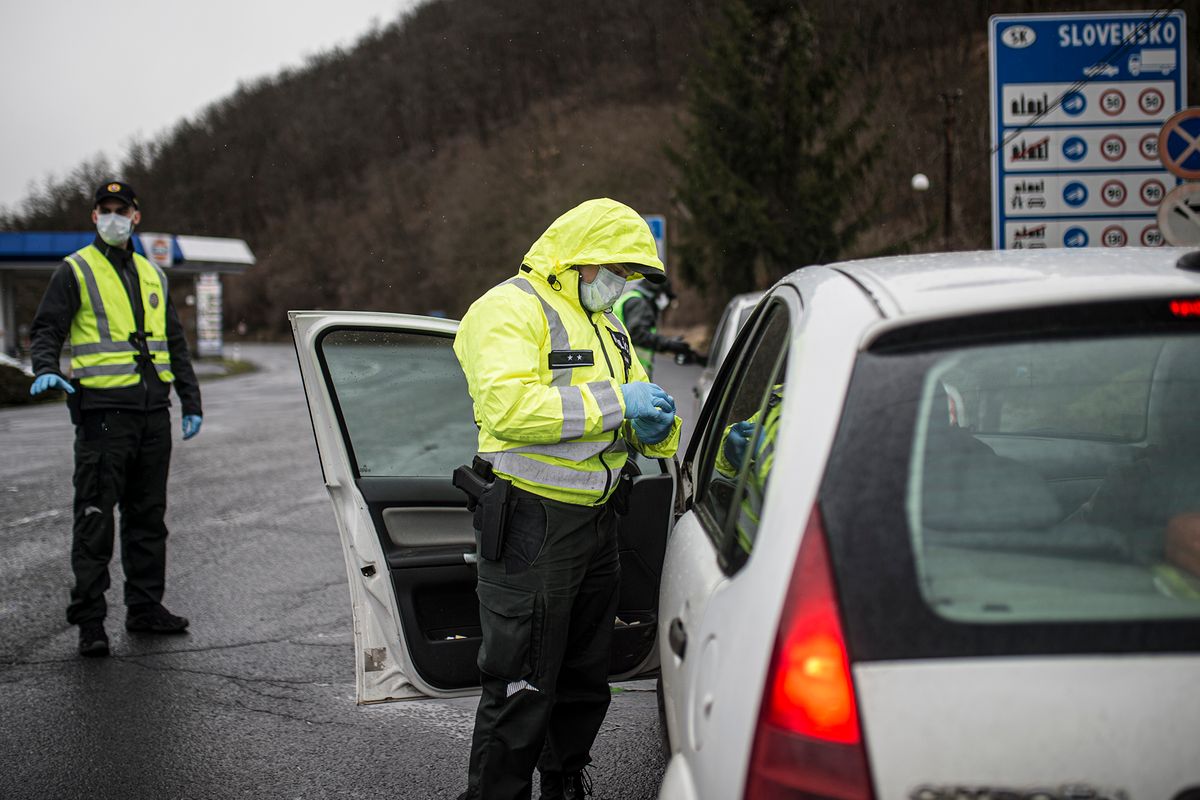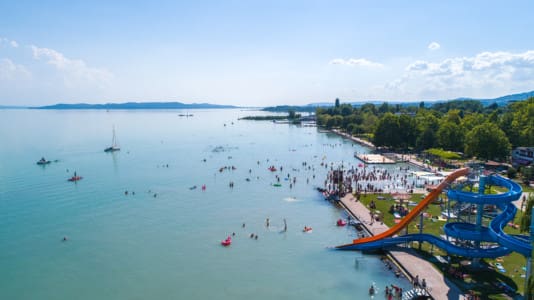Slovak authorities registered a 916 percent increase in illegal entries in the first half of 2023 compared with the same period of 2022, Hungarian news portal Infostart reports.
Almost 96 percent of newcomers are Syrians, followed by Turkish and Afghan nationals. In June, police registered 3,714 illegal border crossings, 3,660 of whom were Syrian nationals. This figure is a monthly record since the start of registration.
However, police also stressed that these migrants are not seeking asylum in Slovakia but trying to reach Western Europe. Most of them enter Hungary via the Western Balkan route and from there go through Slovakia to reach their final destination. Most often they arrive from Serbia, with a smaller number from Romania, and continue their journey via Hungary to mainly Germany, Austria or the Netherlands.
The vast majority of the refugees are Syrian nationals who cannot be expelled under current EU regulations because of the ongoing situation in their country of origin.
The police also stressed that they check the details of all illegal border crossers in national and European databases, and use other mechanisms to reliably identify their country of origin. In addition, joint checks have been stepped up at the Slovak-Hungarian border and border zones in both countries, as well as in Austria, on trains to the Czech Republic, and on the D2 motorway.
The Czech and Slovak interior ministers met last Thursday to handle the alarming rise in illegal entries. They said that the situation is under control thanks to the cooperation of the Slovak and Czech police and that the Czech side does not need to resort to radical solutions, i.e., the closure of the common Czech-Slovak border and the reintroduction of border controls.
“We do not want to create negative sentiment,” said Czech Interior Minister Vít Rakušan. His Slovak counterpart, Ivan Šimko, stressed that joint patrols on trains had worked well and that cooperation in other areas was also very good. Šimko added that a conceptual, long-term solution can only be achieved through European cooperation.





